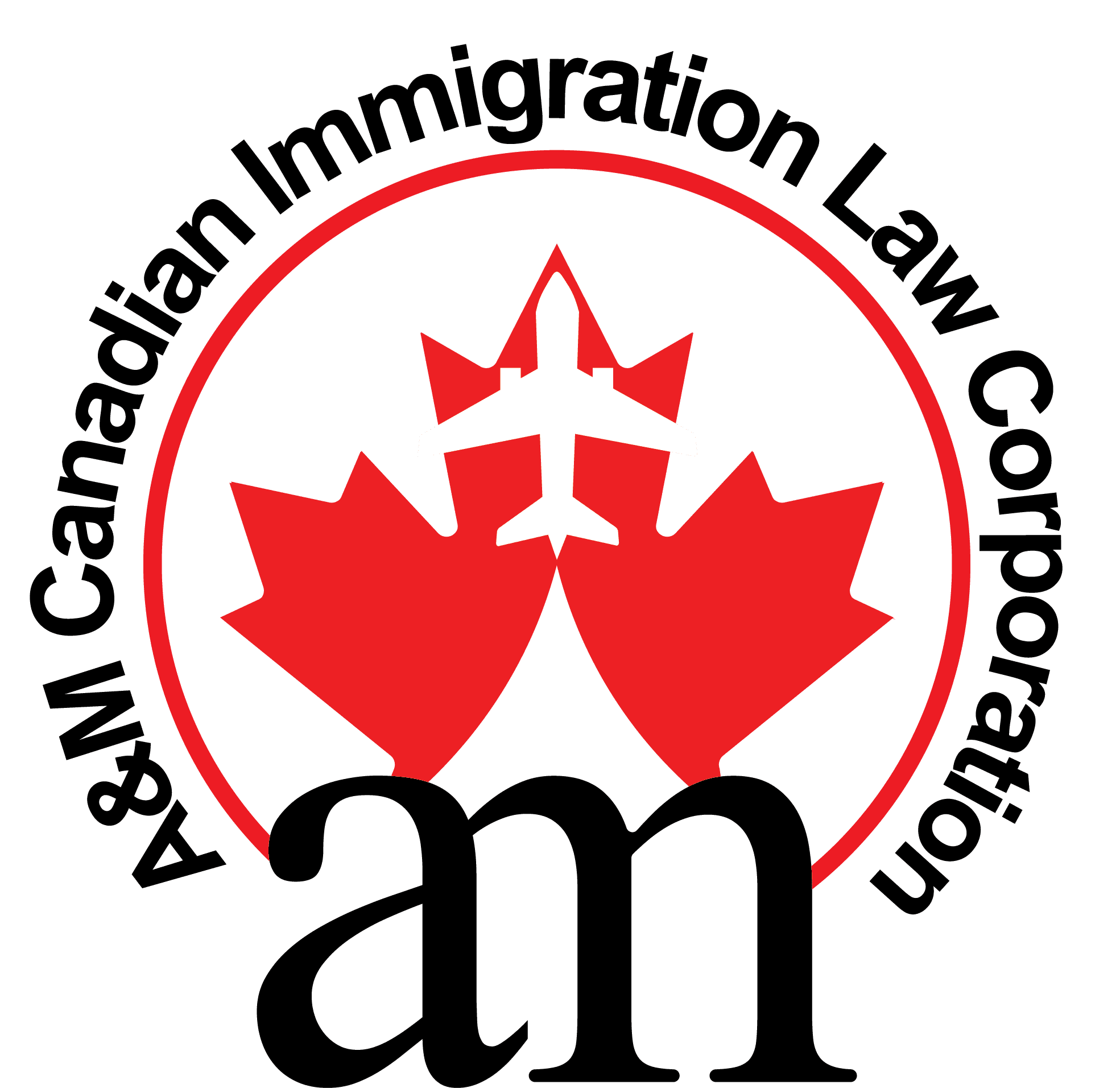Inadmissibility
A&M Canadian Immigration Law Corporation
Inadmissibility
When an individual is considered inadmissible, it means they are legally barred from entering or staying in Canada. Inadmissibility can be temporary or permanent depending on the nature of the issue. It is one of the most serious obstacles in immigration and must be addressed carefully, often with legal representation.
In this article, we’ll break down the most common grounds of inadmissibility.
Criminal Inadmissibility
Criminal inadmissibility occurs when a person has committed or been convicted of a crime that makes them ineligible to enter or remain in Canada. This applies to both Canadian permanent residence applications and temporary visits.
Examples of crimes leading to criminal inadmissibility:
- Drunk driving or driving under the influence (DUI/DWI)
- Assault, domestic violence, or violent crimes
- Theft or fraud
- Drug-related offences
- Criminal charges, even if no conviction has been entered in some cases
Solutions to Criminal Inadmissibility:
- Criminal Rehabilitation: If enough time has passed since completing your sentence, you may apply for rehabilitation to permanently clear your
inadmissibility. - Temporary Resident Permit (TRP): If you have an urgent reason to travel to Canada, a TRP may allow you temporary entry despite inadmissibility.
- Deemed Rehabilitation: In certain cases, minor offences committed long ago may be automatically deemed rehabilitated under Canadian law.
Even offences that seem minor in your home country may be treated very seriously under Canadian immigration law. For example, a single DUI can make you inadmissible.
Financial Inadmissibility
Financial inadmissibility applies when a person is considered unable or unwilling to support themselves and their dependents in Canada, creating a potential financial burden on the Canadian social system.
Examples
- Not providing proof of settlement funds when required (common in programs like Express Entry or MPNP).
- Overstating income or providing insufficient financial documentation.
- Filling an application that shows an inability to cover living costs or tuition (for students).
- Past reliance on social assistance without valid reasons.
Solutions to Financial Inadmissibility:
- Updated Financial Proof: Submitting stronger evidence of savings, assets, or ongoing income.
- Sponsor’s Support: In cases like family sponsorship, the sponsor must meet minimum income requirements.
- Legal Representation: Ensuring that your application includes proper financial documentation to avoid being flagged.
Canada wants to ensure that newcomers can support themselves upon arrival. If you fail to meet financial requirements, you may be declared inadmissible.
Medical Inadmissibility
Medical inadmissibility occurs when an applicant’s health condition is considered a risk to public health, public safety, or could cause excessive demand on Canadian health or social services.
Examples of health-related inadmissibility:
- Infectious diseases like active tuberculosis or untreated syphilis (public health risk).
- Conditions likely to cause unpredictable or dangerous behavior (public safety risk).
- Serious illnesses or disabilities expected to cost more than the annual threshold for health or social services in Canada (excessive demand).
Solutions to Medical Inadmissibility:
- Medical Mitigation Plan: Submitting evidence that the applicant can manage their health condition without burdening Canada’s system.
- Legal Appeal: Challenging the decision through procedural fairness responses with medical evidence.
- Reapplication: If the condition improves or no longer poses a risk, the applicant may reapply.
Key Point: Not all medical conditions result in inadmissibility. Each case is assessed individually, and many applicants with manageable conditions are approved.
Security Inadmissibility
What it means:
Security inadmissibility relates to individuals who pose a potential risk to Canada’s safety, national interests, or public order. This is one of the most serious forms of inadmissibility and is often permanent.
Examples
- Involvement in terrorism, espionage, or subversion.
- Membership in organizations engaged in violent or criminal activities.
- Human rights violations, including war crimes or crimes against humanity.
- Organized crime involvement, such as gang or cartel activities.
Solutions to Security Inadmissibility:
Security-based inadmissibility is extremely difficult to overcome. In rare cases, exemptions may be granted on humanitarian grounds or for individuals who can demonstrate that their association with certain groups was minimal or involuntary. However, in most cases, legal action or judicial review is required.
Security inadmissibility is highly complex and requires professional legal advice.
How to Avoid Inadmissibility
Preventing inadmissibility starts with being proactive and transparent. Here’s how:
- Full Disclosure: Always answer application questions honestly. Concealing information can lead to misrepresentation, another ground for inadmissibility.
- Legal Advice: Have an immigration lawyer review your case before submission.
- Proper Documentation: Provide all necessary financial, medical, and legal records upfront.
- Stay Informed: Immigration laws and admissibility standards change frequently—always use the latest guidelines.
Inadmissibility and MPNP (Manitoba Provincial Nominee Program)
Applicants under the Manitoba Provincial Nominee Program (MPNP) can also be found inadmissible if they fail to meet federal immigration requirements. For example:
- An applicant nominated under the Skilled Worker Stream may still face medical inadmissibility if they have a health condition deemed to cause excessive demand.
- A candidate under the International Education Stream may be rejected for financial inadmissibility if they cannot show adequate settlement funds.
- Past criminal charges or offences may result in criminal inadmissibility, even if the province nominated the candidate.
This highlights that a provincial nomination does not override federal inadmissibility grounds. IRCC makes the final decision on admissibility.
Inadmissibility is one of the most challenging aspects of Canadian immigration law. Whether it is due to criminal history, financial insufficiency, medical conditions, or security concerns, being found inadmissible can stop your immigration journey.
However, in many cases, there are legal remedies and pathways to overcome inadmissibility. The key is to identify the issue early, address it directly, and seek professional help.
Book your consultation today and let us guide you toward overcoming inadmissibility challenges in your Canadian immigration journey.






